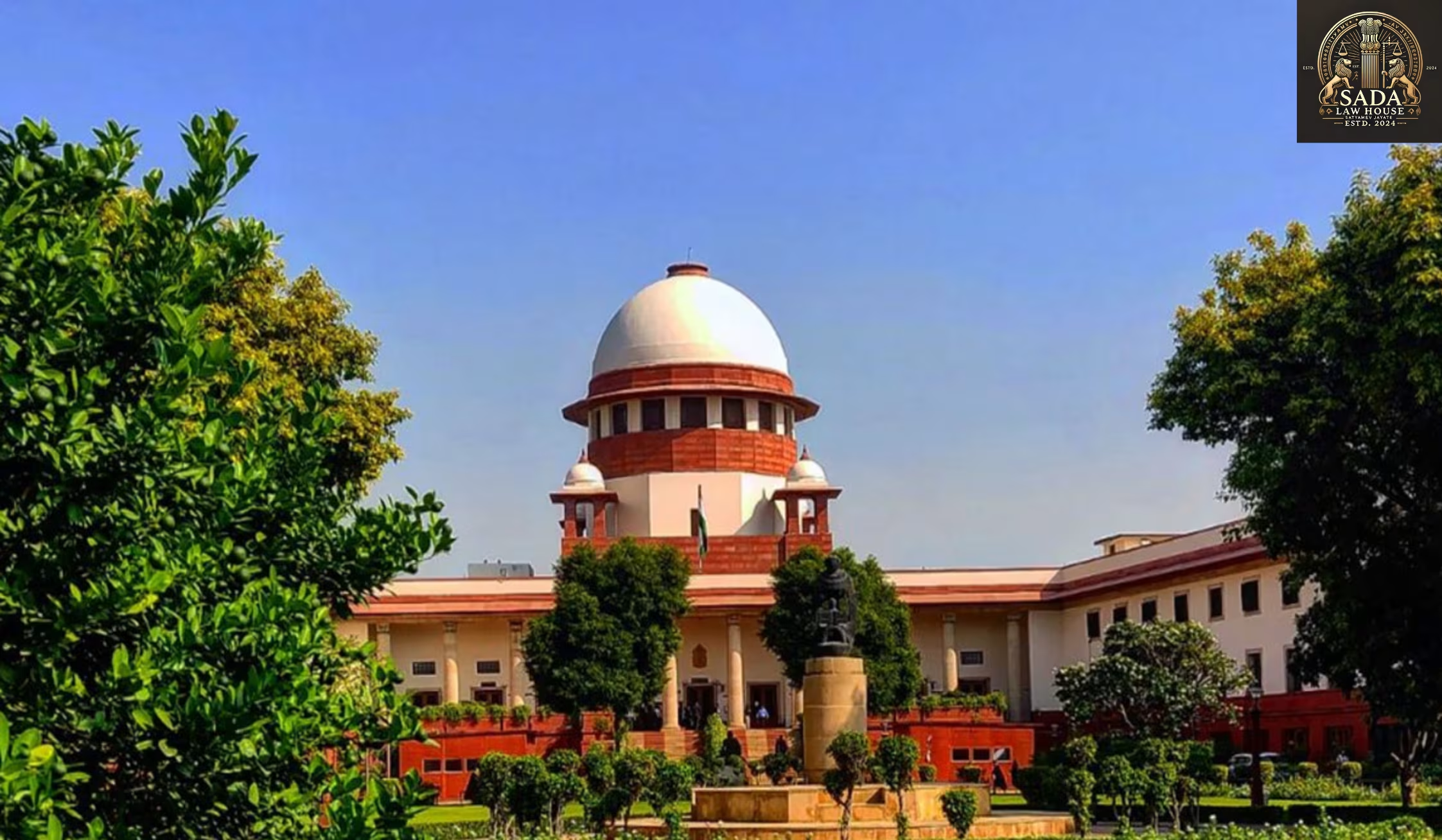Supreme Court Affirms Right to Close Business Under Article 19 of Indian Constitution
- PRABHAT KUMAR BILTORIA
- 1 JULY 2025

The Supreme Court of India affirms that the right to shut down a business is protected under Article 19(1)(g) of the Constitution. Learn how this landmark judgment impacts business owners, labor laws, and public interest.
Supreme Court Declares Business Closure a Fundamental Right Under Article 19
In a landmark decision, the Supreme Court of India has ruled that the right to close a business is protected under Article 19(1)(g) of the Indian Constitution. The judgment, delivered on June 4, 2025, underscores that the freedom to practice any profession includes the right to shut down operations, subject to reasonable restrictions.
This critical verdict was delivered by a bench comprising Justice Sanjay Karol and Justice Prashant Kumar Mishra.
Case Background: Harinagar Sugar Mills and the Closure of Its Mumbai Unit
The case stemmed from a petition by Harinagar Sugar Mills Ltd. (Biscuit Division), which sought to shut down its Mumbai facility after losing a vital processing contract with Britannia Industries. The company filed a closure application on August 28, 2019, under Section 25-O of the Industrial Disputes Act, 1947.
Despite the statutory requirement for a decision within 60 days, the Maharashtra Labour Department, particularly a Deputy Secretary, delayed the process by either not acting or asking unauthorized questions.
Supreme Court’s Interpretation of Presumed Permission
The Court ruled that failure by the State to respond within the 60-day period amounts to presumed permission for business closure. It emphasized that the Deputy Secretary’s actions lacked legal backing, as there was no delegation under Section 39 of the Act authorizing such inquiries.
This interpretation ensures clarity and accountability in labor law, making it clear that bureaucratic delays cannot hinder legitimate business decisions.
Legitimate Grounds and Public Interest Must Be Considered
While upholding the right to close a business, the Supreme Court clarified that financial difficulty alone is insufficient. Business owners must demonstrate extraordinary circumstances or inability to continue operations. Moreover, public interest considerations under Section 25-O must be taken into account before final closure is approved.
Bombay High Court Overruled: Supreme Court Upholds Lawful Closure
In this ruling, the Supreme Court overturned a previous decision by the Bombay High Court, which had ruled against the company citing procedural deficiencies. The apex court concluded that the closure was lawful after the statutory deadline had passed.
Additionally, the business compensated 178 employees, with the court ordering ₹15 crore to be disbursed within eight weeks, reflecting its commitment to employee welfare alongside corporate rights.
Balancing Constitutional Rights with Accountability
This judgment reinforces that Article 19(1)(g) not only safeguards the right to practice a profession but also the right to cease business operations. However, this right must be exercised responsibly, ensuring transparency, legal compliance, and respect for the interests of employees and the public.






